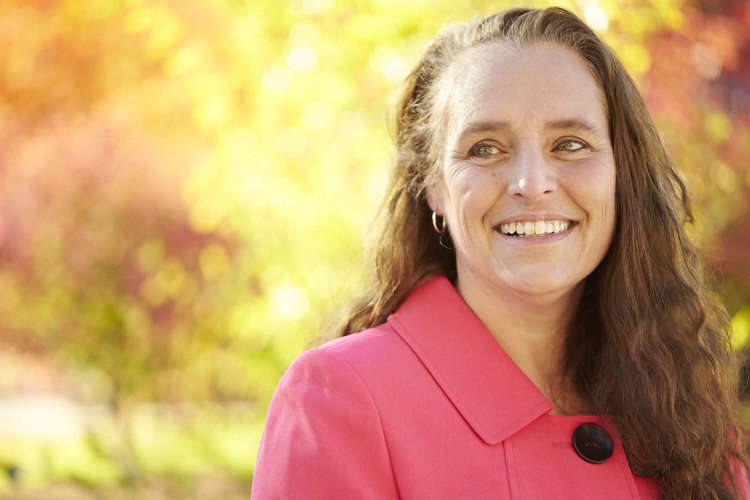Playing a critical role in a medical facility, a nurse provides direct patient care, coordinates treatment, administers medications and educates patients. There are many levels of nursing, and each requires varying levels of education and training. Becoming a nurse requires scientific knowledge and strong interpersonal skills.
Nurses work in clinics, hospitals, nursing homes, schools and community health facilities. You can begin by earning a practical nursing certificate or jump into an RN program. Nurses with advanced education have the opportunity to serve in leadership or management roles.
Consider a Practical Nursing Certificate
You can become a licensed practical nurse (LPN) in just 18 months. This program will introduce you to basic nursing topics and an understanding of the nursing profession. If you decide that you would like to continue your education, you can apply to an LPN-to-RN program.
Coursework
Consisting of 50 to 55 credit hours, a LPN program includes fundamental science courses like biology, anatomy and physiology, chemistry and health sciences. You’ll also focus on nursing classes like mental health nursing, nursing of the adult and practical nursing. Rounding out the program, you’ll learn practical skills, pharmacology principles and leadership skills.
Practical Work
As an LPN, you can expect to provide basic patient care like administering medications and charting patient conditions. In a clinical setting, a LPN takes vital signs and prepares the patient to see the medical provider.
Try an Associate Degree in Nursing
If you want to attain your associate degree and gain the necessary training to become a registered nurse, you can pursue an associate degree in nursing. This two-and-a-half-year program combines general education with fundamental nursing classes.
Coursework
Before you can begin nursing school, you’ll have to take one semester of prerequisite classes focusing on the hard sciences and English. Your first semester in nursing school will include anatomy and physiology, pharmacology and beginning nursing classes.
The second and third semesters dig deeper into nursing courses including care of children and families, common concepts of adult health, nursing skills and clinical observation. You’ll spend the bulk of your last semester in clinical classes and learning about complex concepts of adult health.
Practical Work
The associate degree in nursing will decrease the future education required to earn a Bachelor of Science in Nursing, or BSN. The associate degree in nursing will pave the way for you to work in home care, ambulatory care, hospice and other medical clinics. Your skills and licensure will allow you to perform similar tasks to an LPN.
Get Your RN Degree/Bachelor of Science in Nursing
An RN degree and Bachelor of Science in Nursing both lead to becoming a registered nurse. A BSN will allow you to work in higher-level positions and jobs with more responsibility.
Coursework
In addition to the registered nurse education requirements, you’ll take additional general education and nursing classes. You can expect to engage in coursework like nursing assessment, nursing theory, nursing research and statistics. The RN degree program takes a minimum of four years.
Practical Work
The scope of practice of a BSN is closely aligned with an RN. If you earn a BSN, you’re prepared to apply for nurse education positions or nurse manager roles or to work in acute-care situations.
Pursue an Advanced Nursing Degree
There are several options for students who are interested in pursuing an advanced degree in nursing. If you have a bachelor’s degree that is unrelated to nursing, you can enroll in a Master of Science in Nursing.
If you have a BSN, you can enroll in a Doctor of Nursing Practice program. There are several tracks available in both programs that center on topics like health systems management, advanced nursing and public health.
Coursework
The Master of Science in Nursing contains core nursing classes along with advanced topics. A sample curriculum includes integrated clinical management, advanced nursing practice, leadership for professional nursing and biostatistics for evidence-based practice.
If you choose the Doctor of Nursing Practice degree, you’ll select courses from tracks like adult-gerontological acute care, family primary care or clinical nurse specialist.
Practical Work
These programs will enable you to serve as a nursing manager or nurse practitioner or to work in senior nursing management roles.
Related Articles
References
Writer Bio
Dr. Kelly Meier earned her doctorate from Minnesota State Mankato in Educational Leadership. She is the author and co-author of 12 books and serves as a consultant in K-12 and higher education. Dr. Meier is is a regular contributor for The Equity Network and has worked in education for more than 30 years.










